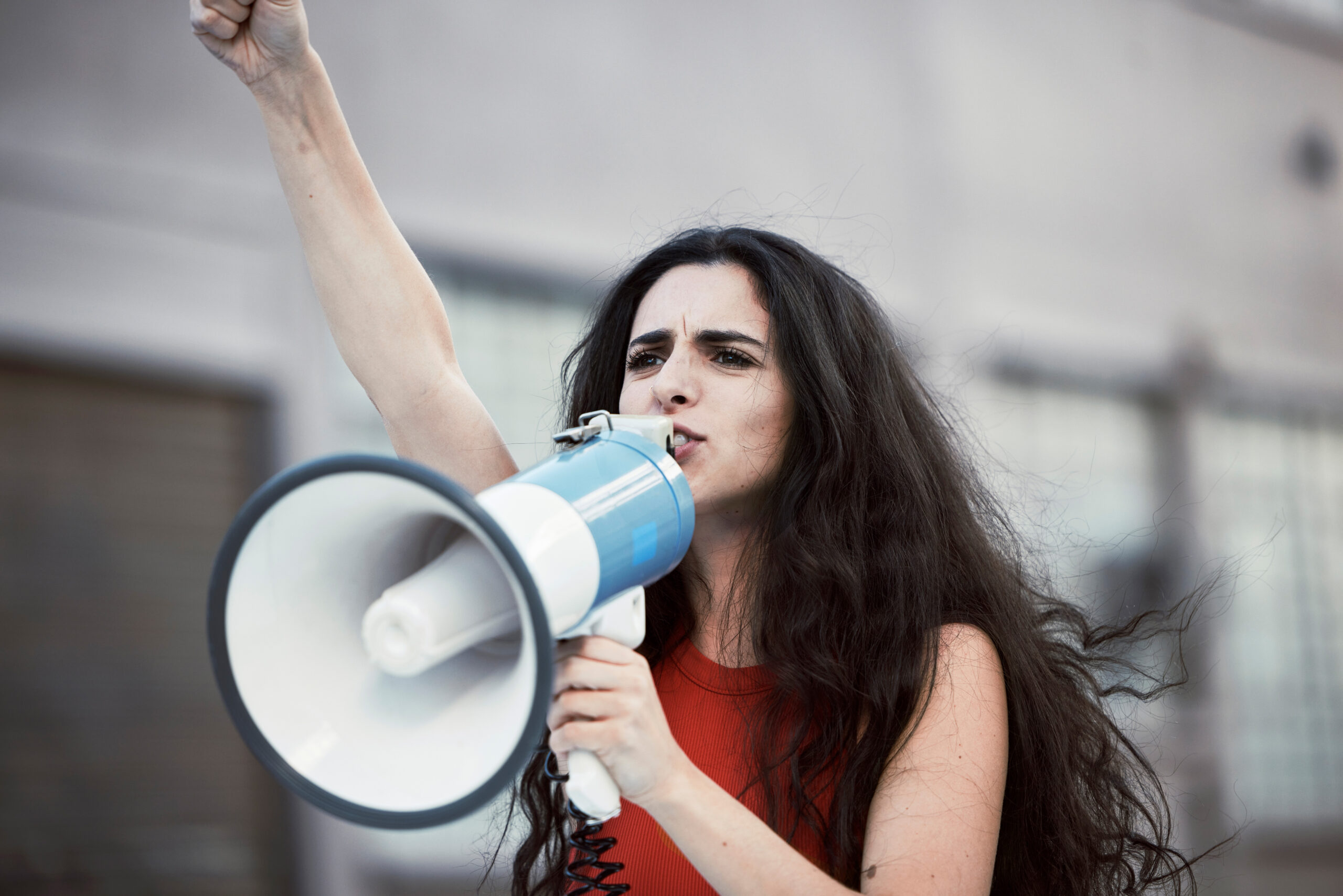Social Justice and the
Anglican Church
The Anglican Church has historically been active in social justice – most famously leading the charge with William Wilberforce in the abolishment of the slave trade – while also caring for the poor, the sick, and the vulnerable. In these efforts, we follow the example of Jesus. While Christ told His disciples that our world will never be without poor and vulnerable people, He also told His followers to give clothes to the naked and food to the hungry. As devout followers of Christ, we take it upon ourselves to be the hands and feet of Christ to those who are in need physically and, often, spiritually.
A just society recognizes the equality and sacredness of every person and that they deserve respect and protection. Sadly, people experiencing homelessness, poverty, abuse, sex trafficking, and conscience objection often face discrimination which undermines our common humanity.
1 in 4 women or 25%
has experienced domestic violence in her lifetime.
27.6 million people
worldwide were victims of forced labor, sexual servitude, and involuntary servitude.
The second largest
and fastest growing criminal industry in the world is human trafficking.
33 million people
nationwide are food insecure, including 5 million children.
Capital Punishment
AKA the death penalty, is the sentence of death after a conviction by a court of law for a criminal offense, conducted primarily in the United States by lethal injection or electrocution. Twenty states, including the District of Columbia, have abolished their death penalty laws. While AFL does not have an official stance on the death penalty. We mourn with families who have suffered, and turn to God to redeem the souls of those awaiting punishment.
Human Rights
Human rights are rights that apply to every person in every culture and country. On December 10, 1948, the Universal Declaration of Human Rights was ratified by the United Nations General Assembly in Paris. It was the first written list of human rights to be universally protected. Some of these rights include freedom from slavery, equal protection under the law, protection from torture, and the right to freedom of expression.
Conscience Rights
The awareness of conscience rights is growing both in the United States and internationally. Conscience rights are the rights to refuse to act in a way that would violate a person’s conscience, without legal punishment or social discrimination. Some examples are doctors in countries where assisted suicide is legal refusing to help aid patients in assisted suicide or refusing to participate in abortions at hospitals that legally perform them.
Homelessness
Homelessness occurs when people or households are unable to acquire or maintain housing they can afford and are unable or unwilling to find support from family or friends. According to the National Alliance to End Homelessness, in January 2015, 564,708 people were homeless on a given night in the United States. About 15% of the homeless population (83,170) are considered “chronically homeless” individuals. About 8% of homeless people (47,725) are veterans.
Sex trafficking
Sex trafficking is the forced prostitution of women, men, and children, either through physical force, fraud, or coercion. Victims are often discovered through social networks, neighborhoods, clubs, bars, or the internet. The most common ages a child enters sex trafficking is between 14-16 years-old. In 2008, traffickers made $31 billion buying and selling humans.

